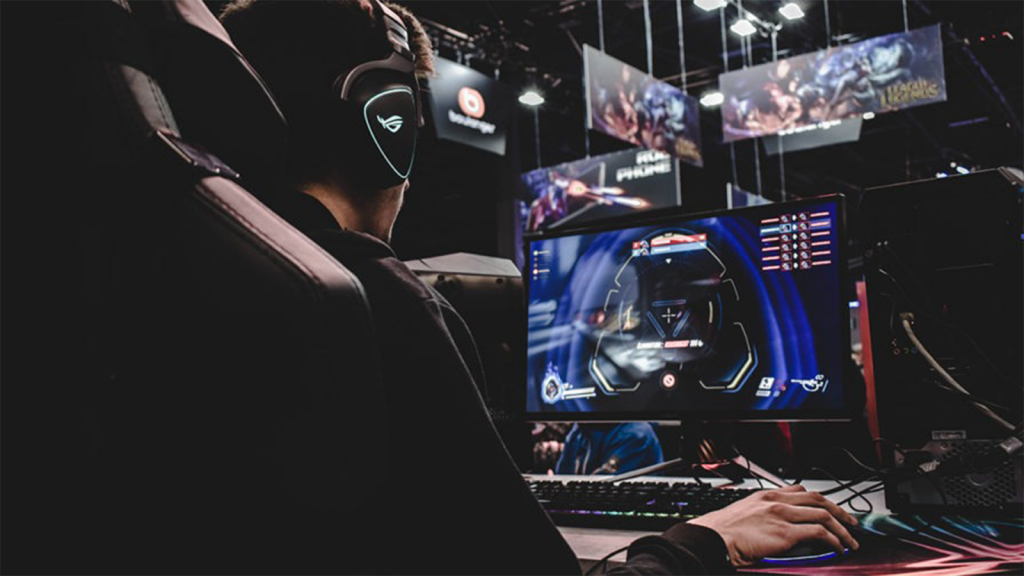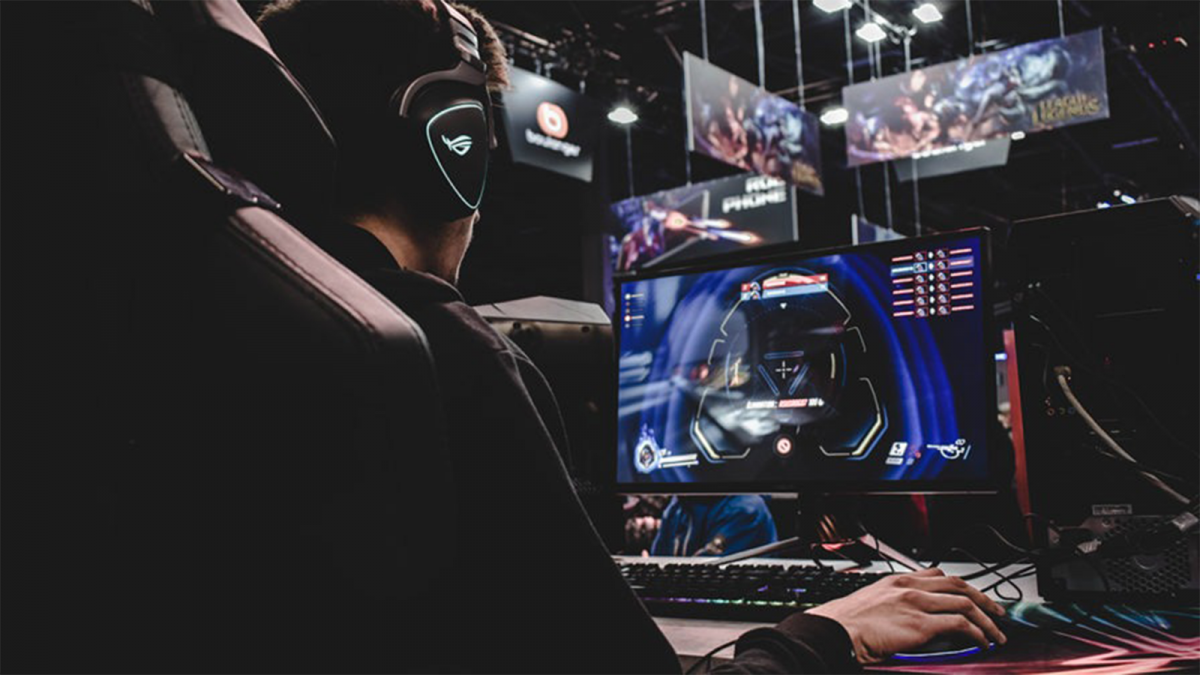Designers are sharing their compensations on Twitter under the hashtag #GameDevPaidMe to energize pay straightforwardness in their industry.
The 10,000 foot view: The hashtag began circling last year, yet has returned intermittently as engineers battle for better working conditions. Compensation sharing is an approach to even out the field. By eliminating the mystery, just as the disgrace, around talking about pay, laborers have more ability to advocate for themselves while arranging pay rates and raises.
Blizzard workers shared their pay rates namelessly by means of a bookkeeping page to look at pay in 2020
The compensation hole between individuals at the top, and laborers on the ground is quantifiable in countless dollars in any event, when those CEOs take pay cuts.

What They Are Saying:
“I began getting paid reasonably once I began posing inquiries. I just began posing inquiries once I better got what I was worth. Getting what your value is can be a troublesome inquiry, yet this makes a difference.”
“Everyone who messes around should look closely at #GameDevPaidMe and get a sense for what individuals who make your craft really make.”
“Try not to trust that your manager will give you the raise you deserve, be available to converse with different organizations regardless of whether you believe you are at an ‘incredible’ spot.”
Designers don’t have many devices in their case to influence change, yet unionization endeavors are on the ascent.
Grassroots association Game Workers Unite is attempting to help engineers unionize; one of the gathering’s fundamental coordinators helped stage a walkout at Riot in 2019.
One of the biggest U.S. associations, CWA, dispatched a mission in 2020 to assist with unionizing laborers in the computer game industry.
Conundrum Interactive’s Swedish representatives consented to an aggregate dealing arrangement in 2020.
The Main Concern: Pay principles change uncontrollably relying upon factors like area, studio size, and representative rewards.
